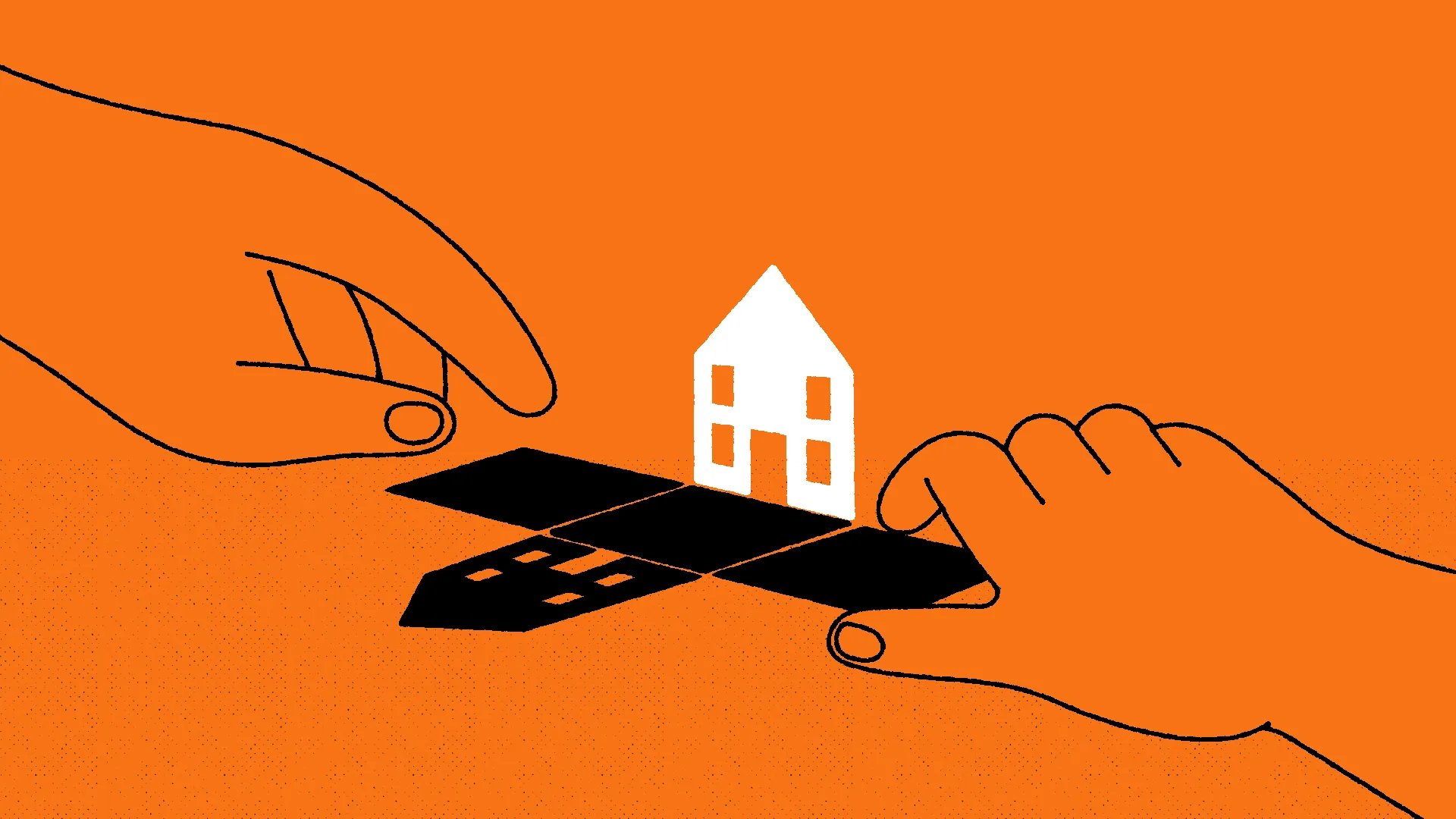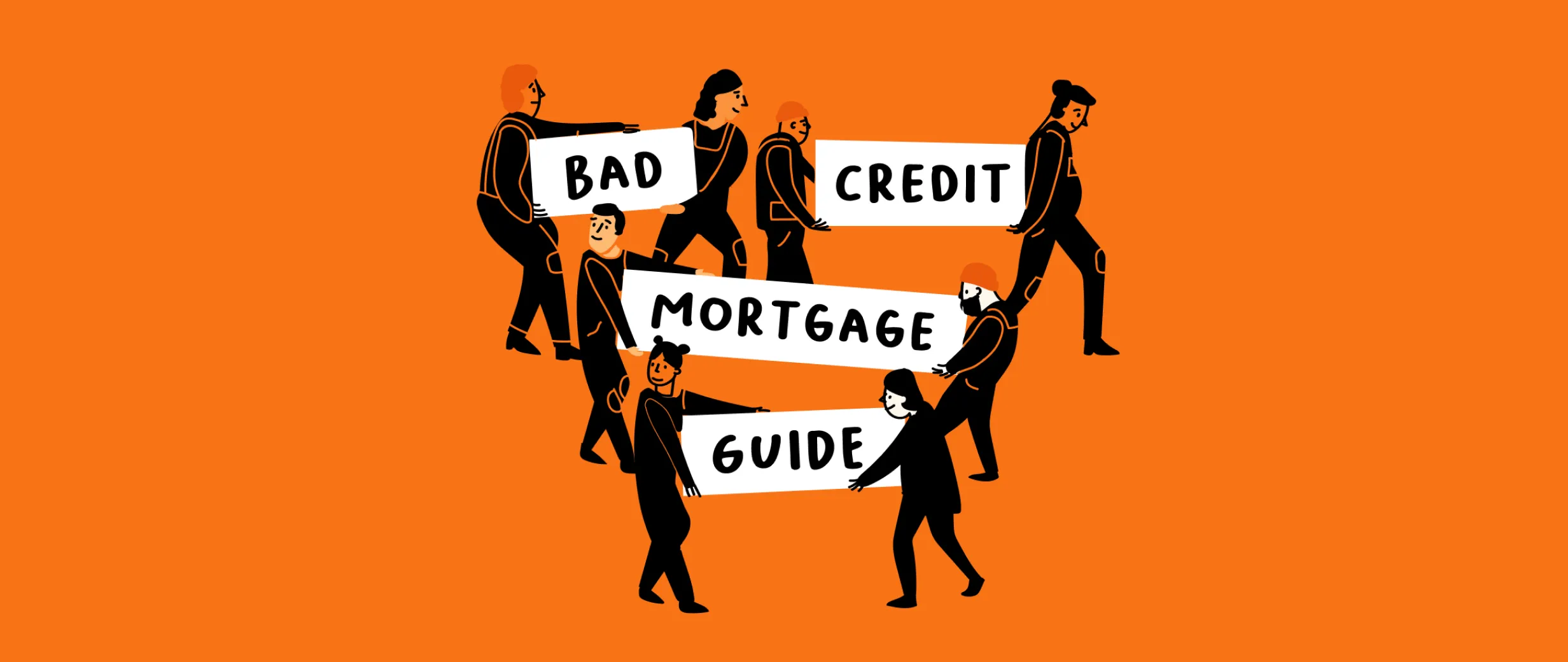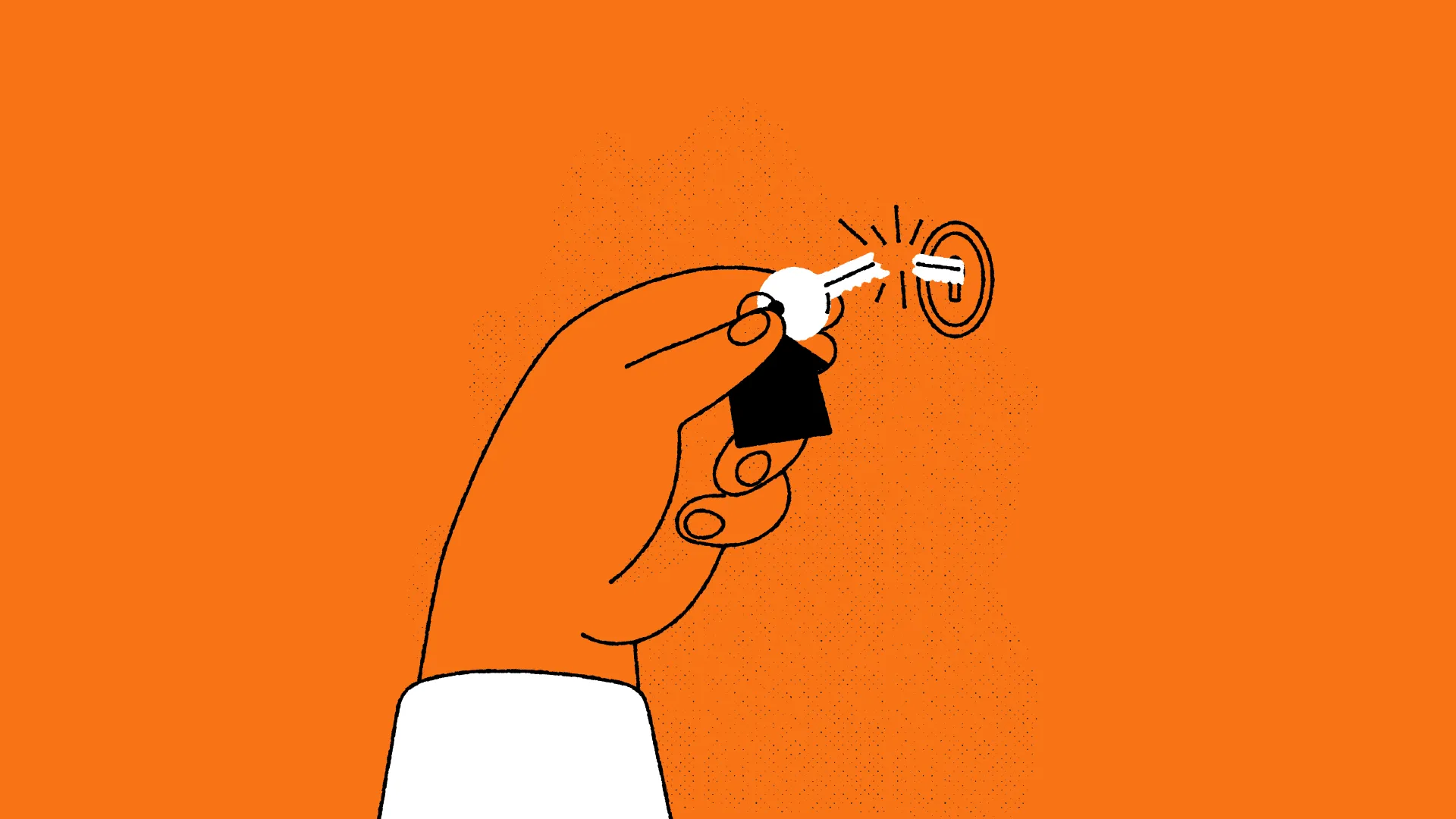Mortgages With a Debt Management Plan (DMP)
With the right expertise and guidance, getting a mortgage with a Debt Management Plan (DMP) is possible. Find out how Haysto could help you.
Your home may be repossessed if you do not keep up repayments on your mortgage.
Exclusive broker partner to

7 mins
Updated: Nov 16 2025
7 mins
Updated: Nov 16 2025
On this page
Please be aware that by following any external links you are leaving the Haysto website. Please note Haysto nor HL Partnership Limited are responsible for the accuracy of the information contained within external websites accessible from this page.
On this page
Applying for a mortgage can be daunting, especially if you’ve had or still have a debt management plan (DMP). The good news is getting a mortgage with a DMP is possible, but you’ll have fewer options than if you had a perfect credit score.
This is where we could help. Our team of mortgage experts already know which mortgage lenders accept a DMP and can help prepare your application to give you the best possible chance of success.
Read on to find out how we could make your mortgage possible.
Can you get a mortgage with a Debt Management Plan (DMP)?
Yes, it’s possible. Whether your DMP is currently ongoing or satisfied, it can be more difficult to get a mortgage with a smaller pool of lenders available. Your chances will be far greater by using the services of a mortgage broker with knowledge of which lenders will accept DMPs.
Many high street banks can often adopt a ‘computer says no’ mentality, and any evidence of a DMP on your application will likely result in an auto-rejection. But, several specialist mortgage lenders look beyond computerised check lists and use humans to assess each applicant on a case-by-case basis.
For DMPs, this will involve looking in more detail at the following:
When the debt management plan was first put in place
How much was it for?
Is it now satisfied or still ongoing?
If satisfied, how long has it been since it was settled?
If ongoing, how long has it been in place, and have all the payments been made on time?
Have there been any mitigating circumstances that may have caused the DMP?
By considering each case on its own merit and using the above criteria, a specialist mortgage lender gives you a far better opportunity of securing the mortgage you need.
If you’ve had, or currently have, a debt management plan and want to apply for a mortgage, make an enquiry, and we’ll contact you straight away to help you get started.
What is a Debt Management Plan (DMP)?
A debt management plan (DMP) is an informal agreement between you and your creditors to repay debts you owe them on a more manageable basis.
A DMP is designed to help with ‘non-priority’ debts such as credit cards, overdrafts and payday loans.
Mortgage, rent or income tax arrears are all classed as ‘priority’ debts and can’t be included within a DMP.
How long does a Debt Management Plan (DMP) affect your credit rating?
A DMP could affect your credit rating for up to six years, which is how long the debt issues which led to it, such as missed payments or a default, remain recorded on your credit history. A DMP will not necessarily be noted on your Credit Report unless a creditor asks for a ‘DMP flag’ to be added.
However, even if a DMP isn’t visible, any lender who runs a credit check on you can see that you’ve been making underpayments each month to particular debt commitments, making it more difficult to secure further borrowing.
Access Your Credit Report
To get a full view of your credit information from all three agencies, use Checkmyfile free for 30 days, then £14.99/month (cancel anytime).
Get Started NowHow does a DMP affect your chances of getting a mortgage?
Even if a DMP isn’t showing on your Credit Report, it can indirectly impact your mortgage application by reducing your overall credit score.
This is because, with a DMP, you’ll pay less than the original amount you agreed to with a creditor, and these underpayments will show on your report. Since you're making reduced payments, a creditor can also register a default against you.
The overall effect of this will be to reduce the number of mortgage lenders willing to accept your application. However, a ‘DMP flag’ registered on your report can also reassure prospective lenders that you’ve taken positive steps to manage your debts.
Does a DMP have to be settled before you can apply for a mortgage?
No, not necessarily. Although, having a satisfied DMP will mean more mortgage lenders will look at your application, as it provides the comfort of knowing the debt has been fully repaid and on time. Some specialist lenders will also consider applicants with a current DMP.
A mortgage lender looking at a current DMP will want to establish how long it’s been in place (most lenders will want to see a clean payment record of at least twelve months) and what effect the DMP repayments have on an applicant's overall outgoings.

Let's Get Started
We Make Mortgages Possible
Our Mortgage Experts are fully qualified with experience in bad credit, self-employed and complex mortgages. They have a proven track record of getting mortgages for people who’ve been rejected elsewhere.
Get Started Now Get Started NowWhich mortgage lenders will accept a DMP?
Several specialist mortgage lenders will consider applications from someone with a DMP (current or satisfied) on a case-by-case basis, giving you a better chance of success. These include Pepper Money, Aldermore, Kensington Mortgages and Bluestone Mortgages.
Each mortgage lender uses their own eligibility rules and criteria when deciding whether to approve your mortgage offer. That’s why it’s always best to speak with a mortgage broker first, so they work on your behalf to identify the right lender to deal with your case.
How much deposit will you need for a mortgage with a DMP?
With this type of bad credit issue, the mortgage deposit required would typically be between 10% to 15%. The exact deposit amount will depend on the overall strength of your application and the impact the DMP has had on your credit record.
For example, if your DMP was settled over three years ago, a mortgage lender will likely ask for a lower deposit than if it was current and only put in place within the last twelve months.
How to improve your chances of getting a mortgage with a DMP
If you currently have, or have had, a DMP and want to apply for a mortgage, here’s five steps you can take to give yourself a better chance of success:
Settle your debts and keep up with repayments. If your DMP is ongoing, try to pay down as much as you can before you apply. If you can settle the debt beforehand, this could give your credit score a timely boost. If you can’t repay it in full, make sure you keep up with your repayments, as this will also help show you can manage your debts.
Rebuild your credit score. This is important regardless of whether your DMP is settled or current. Make sure you’re registered on the electoral roll* and all your other financial commitments are paid on time. You should also avoid applying for any other forms of credit unless absolutely necessary.
Save up for a deposit. A higher deposit means you have to borrow less, making you a more attractive applicant and reducing the overall risk for a lender. If you have any family members willing to help, lenders will accept a gifted deposit with a letter from the donor as evidence of the source of funds.
Keep checking your Credit Report. Download your credit files regularly to see how your DMP affects your credit score as you make your repayments. If it’s already settled, you can see if this has improved your overall record.
Speak to a mortgage broker. You’ll have a better chance of getting a mortgage with a DMP by speaking with someone who deals with cases like this on a daily basis and can help you achieve the same result.
Can you remortgage with a DMP?
Yes, it’s possible. The same principles apply to remortgaging with a DMP as they do to getting a new mortgage. A lender would want to understand all the circumstances surrounding the debt so that they can make an informed decision.
If there’s enough equity in your property, you could look at consolidating all of your outstanding debts into one manageable mortgage repayment. This would have the positive effect of settling your DMP debts in one go.
However, it’s worth considering that this would also likely mean you’ll pay back more interest overall due to spreading the debts over a longer term.
How Haysto could make your mortgage possible
At Haysto , our fully qualified Mortgage Experts have specific experience arranging mortgages for people with DMPs and will guide you through the whole mortgage process from start to finish, including:
Ensuring your mortgage application is ready for submission within 24 hours
Searching the entire mortgage market to help find the right mortgage lenders to deal with this type of credit issue
Providing a true Agreement In Principle (AIP) - one you can trust directly from a lender
£100 gift card if we can’t make your mortgage possible, but another broker can
Just make an enquiry, and one of our Mortgage Experts will contact you immediately. Rest assured, if there’s a mortgage solution out there for you, we’ll find it.
We Make Mortgages Possible
Our Mortgage Experts are fully qualified with experience in bad credit, self-employed and complex mortgages. They have a proven track record of getting mortgages for people who’ve been rejected elsewhere.
Get Started NowRelated Articles

Getting a Mortgage With Bad Credit
Bad credit doesn’t mean you can’t get a mortgage. Our guide to bad credit mortgages explains how we can help make your mortgage possible.
Read guide

Mortgage After Bankruptcy
Bankruptcy doesn’t have to be a permanent barrier to getting a mortgage. Find out how Haysto could help you explore your mortgage options.
Read guide

Bad Credit Mortgage Lenders
Find out who the best bad credit mortgage lenders are and how Haysto could make your mortgage possible due to our strong working relationship with them.
Read guide
Information
Tools & Guides
Haysto, a trading style of Haysto Ltd, is an appointed representative of HL Partnership Limited, which is authorised and regulated by the Financial Conduct Authority.Registered Office: Haysto, Crystal House, 24 Cattle Market Street, Norwich, NR1 3DY. Registered in England and Wales No. 12527065
There may be a fee for mortgage advice. The exact amount depends upon your circumstances but will range from £599 to £1599 and this will be discussed and agreed with you at the earliest opportunity.
The guidance and/or information contained within this website is subject to the UK regulatory regime and is therefore targeted at consumers based in the UK.
Your home may be repossessed if you do not keep up repayments on your mortgage.








